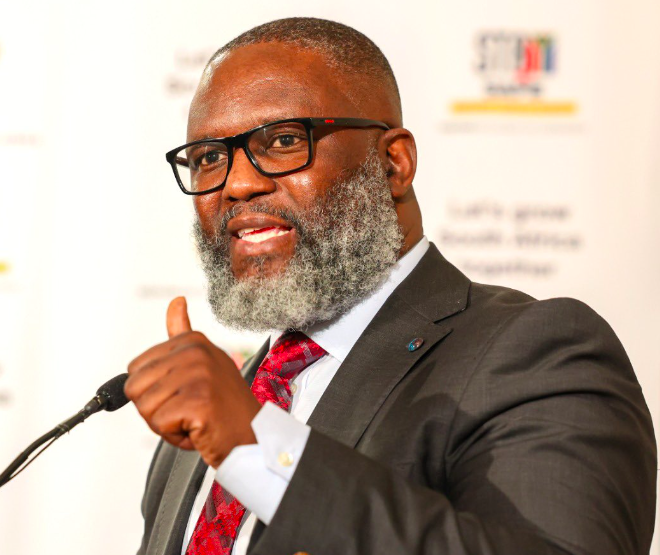Cape Town – Nearly 500 public servants in South Africa are currently on paid suspension, with some cases extending beyond five years, according to Public Service and Administration Minister Mzamo Buthelezi.
He revealed that 288 national and 183 provincial department employees are suspended, including teachers and National Prosecuting Authority officials, EWN reported.
Of these, 54 have been suspended for over a year, with complex cases, such as teachers accused of sexual misconduct, contributing to the delays.
Buthelezi provided this information in response to a parliamentary inquiry regarding the current number of public servants on paid suspension and the duration of their suspensions.
Earlier this month, the minister revealed that there are 6,220 foreigners employed in South Africa’s public service.
In response to ActionSA MP Kgosi Letlape’s question, Buthelezi said that foreigners constitute just 0.5% of the approximately 1.2 million public servants. This figure includes both permanent residents and temporary employees.
Letlape had inquired about the number of foreigners employed in each department and institution within the public service. TimesLive reported.
The largest concentration of foreign employees is in Gauteng, with 1,705, particularly in the health and education sectors. The national government has 724 foreigners, followed by Mpumalanga with 653 and KwaZulu-Natal with 647.
“The employment and use of foreigners in the public service is governed by the constitution and is in line with the Public Service and Immigration Acts.
“The Public Service Act states ‘no person shall be appointed permanently, whether on probation or not, to any post on the establishment in a department unless he or she is a South African citizen or permanent resident’,” the report quoted the minister as saying.
The breakdown excludes the Ministry of Defence and the State Security Agency, The Citizen reported.
A 1996 Constitutional Court ruling affirms that foreigners with permanent residency status have the same employment rights as South African citizens.
Follow African Insider on Facebook, Twitter and Instagram


